Portland’s Older Homes: Why Chimney Inspections Are Crucial
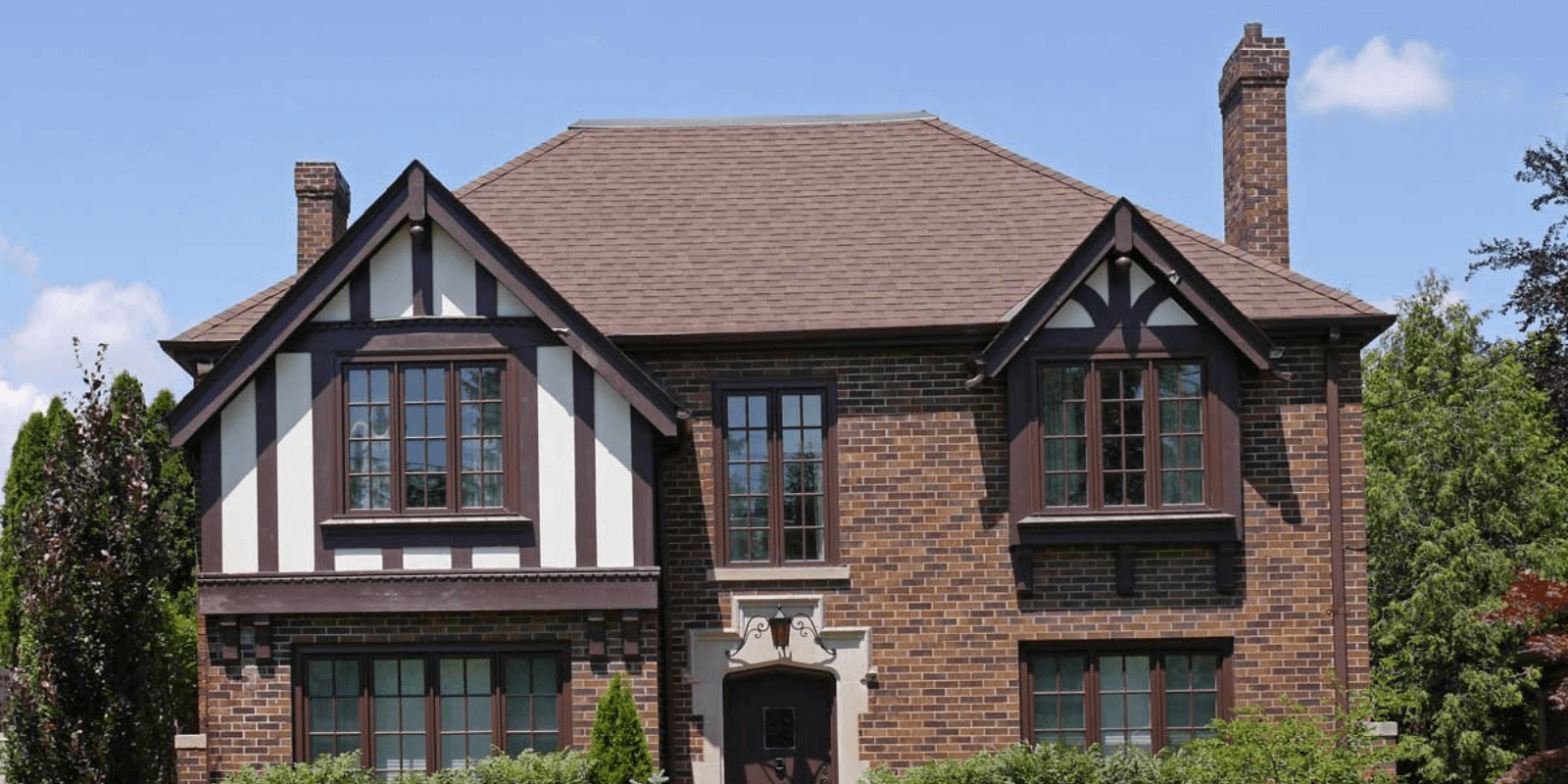
Introduction
If you’re a proud owner of one of Portland’s charming older homes or a real estate professional dealing with historic properties, you’re part of a special community. Our city’s architectural heritage is a treasure, with many homes dating back to the late 19th and early 20th centuries. But with this charm comes responsibility, especially when it comes to chimney maintenance and safety. Let’s dive into why chimney inspections are absolutely crucial for Portland’s older homes.
The Rich History of Portland’s Chimneys
Portland’s history is literally built into its chimneys. Many of our older homes feature beautiful brick or stone chimneys that have stood the test of time. These structures have witnessed the growth of our city, from the early days of lumber barons to the modern era of tech startups. But while they’re a testament to craftsmanship, they’re also vulnerable to the passage of time and Portland’s unique climate.
Understanding Portland’s Climate and Its Impact on Chimneys
We all love Portland’s lush greenery, but our wet climate can be tough on chimneys. The frequent rain, occasional freezing temperatures, and humid summers create a perfect storm for chimney deterioration. Water is the enemy of masonry, and over decades, it can cause significant damage to even the sturdiest structures. Here’s what happens:
- Water seeps into tiny cracks in the mortar or bricks.
- When temperatures drop, this water freezes and expands.
- This freeze-thaw cycle weakens the structure over time.
- Mold and mildew can grow in damp areas.
- Metal components like flue liners can rust and deteriorate.
Regular inspections can catch these issues early, preventing costly repairs down the line.
Common Issues in Portland’s Older Chimneys
When we inspect older chimneys in Portland, we often encounter several common issues:
- Crumbling Mortar: The mortar between bricks can deteriorate over time, especially with our wet weather.
- Damaged Flue Liners: Older homes might have clay tile liners that crack or deteriorate, compromising the chimney’s safety.
- Creosote Buildup: If the chimney has been used for wood-burning, creosote can accumulate, posing a fire hazard.
- Structural Shifts: Portland sits in an earthquake zone, and even minor seismic activity can cause chimney damage over time.
- Improper Modifications: Previous owners may have made changes that aren’t up to current safety standards.
- Animal Intrusions: Critters like raccoons or birds might make their homes in neglected chimneys.
Safety First: Why Inspections Matter
Now, you might be thinking, “My chimney looks fine from the outside.” But here’s the thing – many chimney issues aren’t visible to the untrained eye. A professional inspection can uncover hidden problems that could pose serious risks:
- Fire Hazards: A damaged chimney can lead to house fires. The National Fire Protection Association reports that heating equipment, including chimneys, is a leading cause of home fire deaths.
- Carbon Monoxide Risks: A blocked or damaged chimney can cause carbon monoxide to back up into your home. This odorless, colorless gas is extremely dangerous.
- Structural Integrity: A compromised chimney can collapse, causing significant property damage and potential injury.
The Inspection Process
So, what happens during a chimney inspection? A certified chimney sweep will:
- Examine the exterior of the chimney for visible damage or deterioration.
- Inspect the interior of the chimney using specialized cameras.
- Check the flue lining for cracks or damage.
- Look for signs of water damage or leaks.
- Assess the chimney cap and crown.
- Evaluate the firebox and damper.
- Check for creosote buildup if it’s a wood-burning fireplace.
Frequency of Inspections
For older homes in Portland, we recommend annual inspections. Our climate and the age of these structures make regular check-ups essential. If you use your fireplace frequently, you might need more frequent inspections.
Real Estate Considerations
For real estate professionals, chimney inspections are a crucial part of the home buying and selling process. A thorough chimney inspection can:
- Uncover potential issues before they become deal-breakers.
- Provide negotiation leverage for buyers or sellers.
- Ensure compliance with local regulations and insurance requirements.
- Give peace of mind to new homeowners.
Maintenance Tips for Portland’s Older Chimneys
While professional inspections are crucial, there are steps you can take to maintain your chimney:
- Keep an eye out for visible cracks or damaged bricks.
- Watch for signs of water damage, like stains on walls or ceilings near the chimney.
- Use a chimney cap to prevent water and animals from entering.
- If you use your fireplace, burn only seasoned hardwoods to minimize creosote buildup.
- Schedule regular cleanings along with your inspections.
The Cost Factor: Inspections vs. Repairs
Some homeowners shy away from regular inspections, thinking they’re an unnecessary expense. But consider this: the average cost of a chimney inspection in Portland is far less than the potential cost of major repairs or, worse, fire damage. A small investment in annual inspections can save you thousands in the long run. Plus, it protects your home’s value and your family’s safety – and you can’t put a price on that.
Portland’s Regulations and Your Chimney
Portland has specific regulations regarding chimney maintenance and safety. While these can change, it’s important to stay informed. Currently, the city requires:
- Regular inspections for rental properties.
- Compliance with fire safety codes for all chimneys in use.
- Proper permits for any major chimney repairs or modifications.
Always check with the local authorities for the most up-to-date requirements.
The Environmental Angle
As Portlanders, we’re known for our environmental consciousness. Regular chimney maintenance plays a role in this too. A well-maintained chimney:
- Improves energy efficiency, reducing your carbon footprint.
- Ensures cleaner burning, which means less air pollution.
- Can help you decide if it’s time to switch to a more eco-friendly heating option.
Making the Most of Your Inspection
When you schedule a chimney inspection, come prepared with questions. Ask about:
- The overall condition of your chimney.
- Any immediate concerns or future issues to watch for.
- Recommendations for maintenance or upgrades.
- How your chimney compares to modern safety standards.
- Tips for using your fireplace efficiently and safely.
Conclusion: Protecting Portland’s Architectural Heritage
Our older homes are more than just buildings; they’re a link to Portland’s past and a vital part of our city’s character. By taking care of these homes, including their chimneys, we’re preserving a piece of history for future generations. Regular chimney inspections are not just about safety and maintenance – they’re about being a responsible steward of Portland’s architectural heritage. They protect your investment, ensure your family’s safety, and contribute to the longevity of our city’s historic homes.
Don’t wait for problems to arise. Be proactive about your chimney’s health. If you haven’t had your chimney inspected recently, now’s the time to act. For expert chimney inspections and all your chimney maintenance needs, turn to the professionals at Portland Chimney Sweep and Masonry. With years of experience serving our community, they understand the unique challenges of Portland’s older homes and can provide the specialized care your chimney needs.

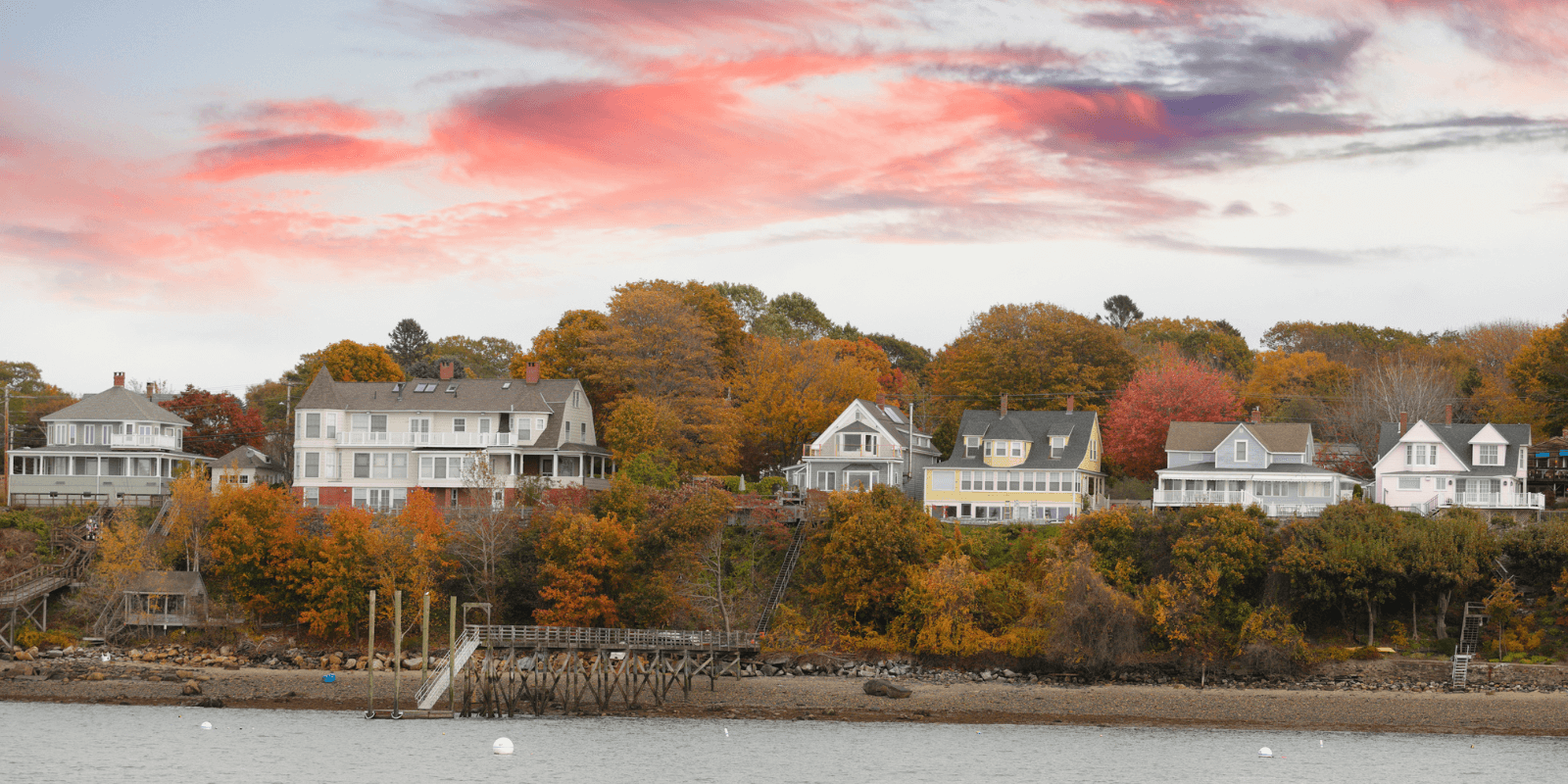
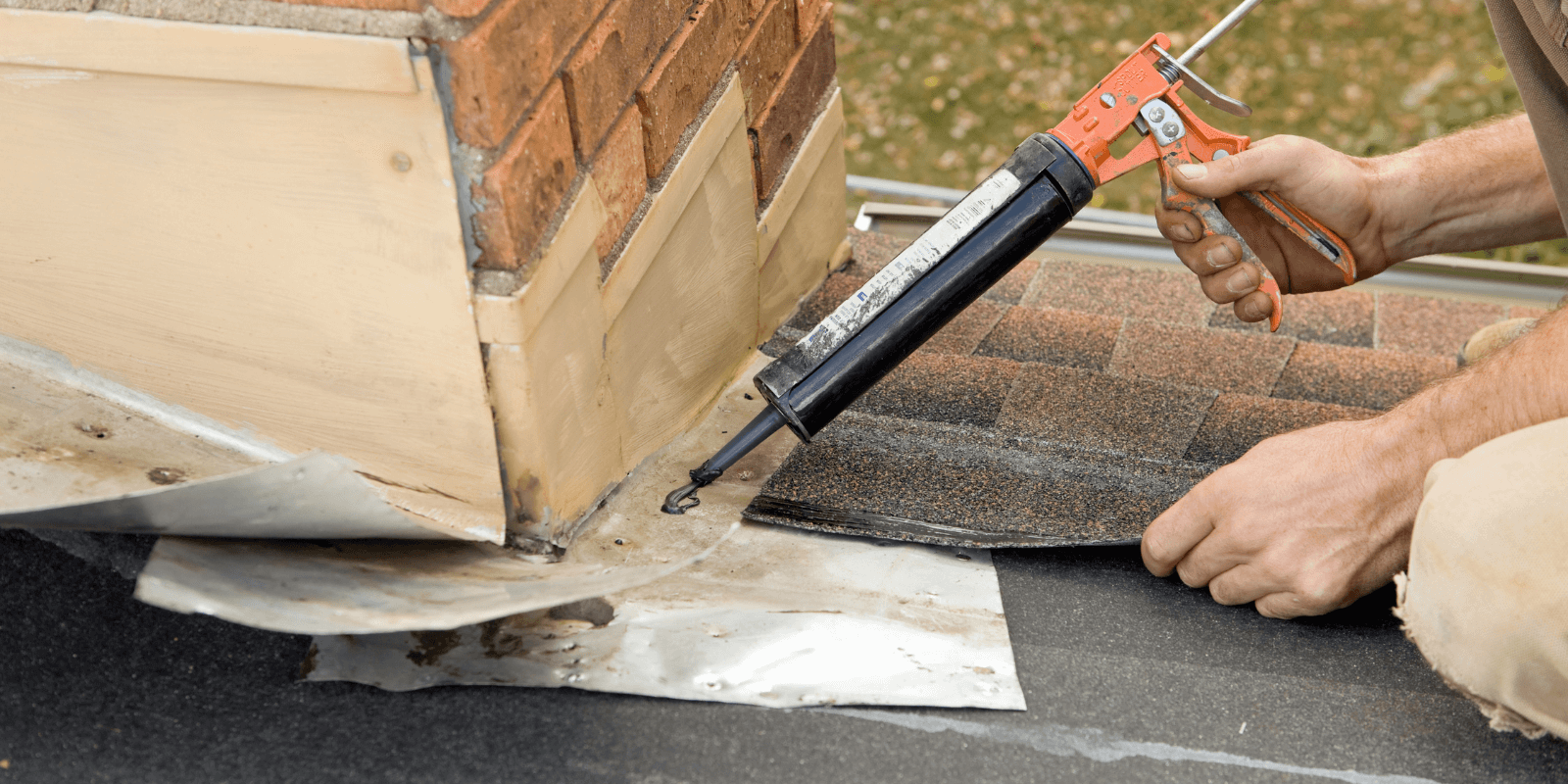
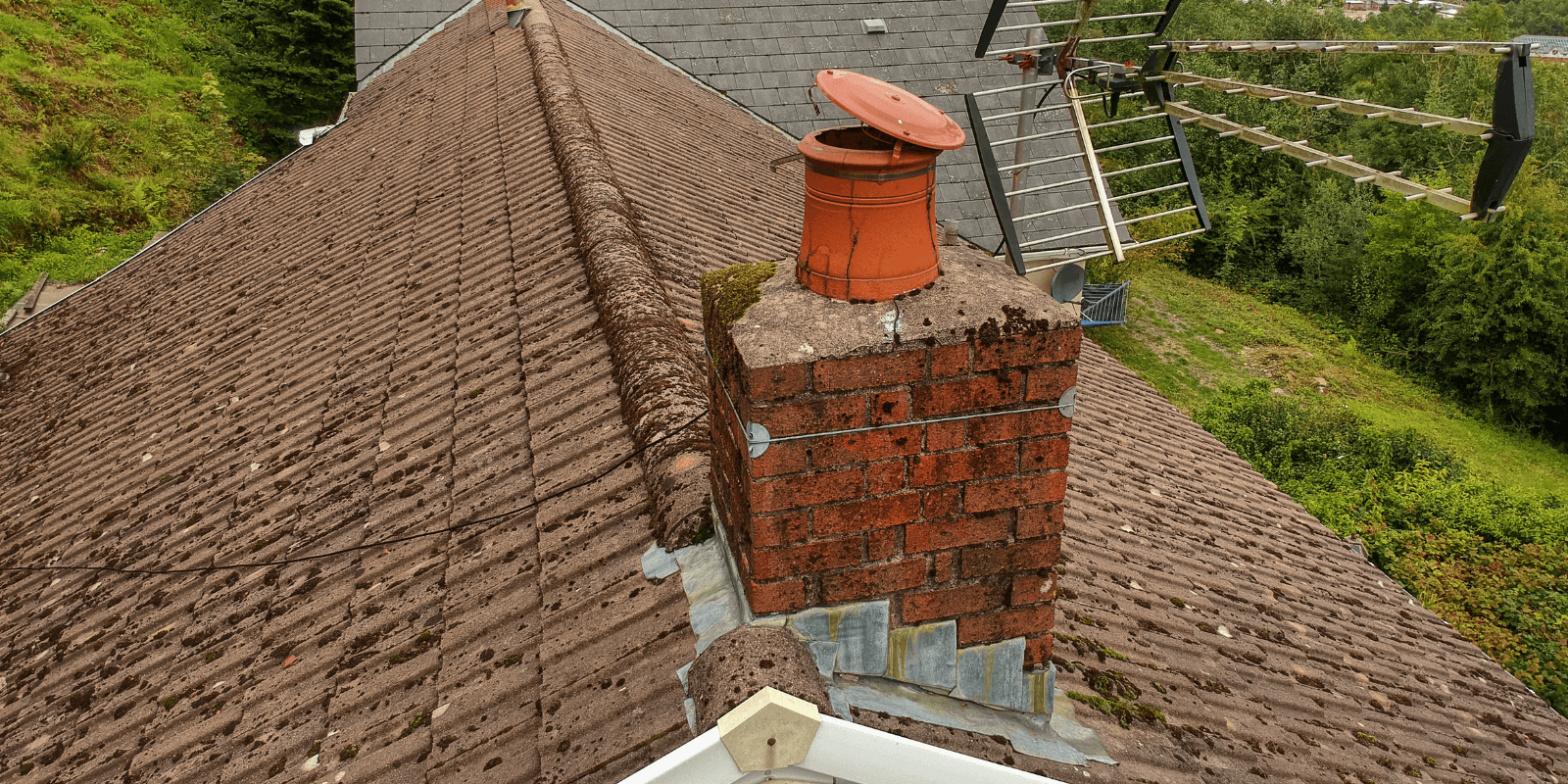
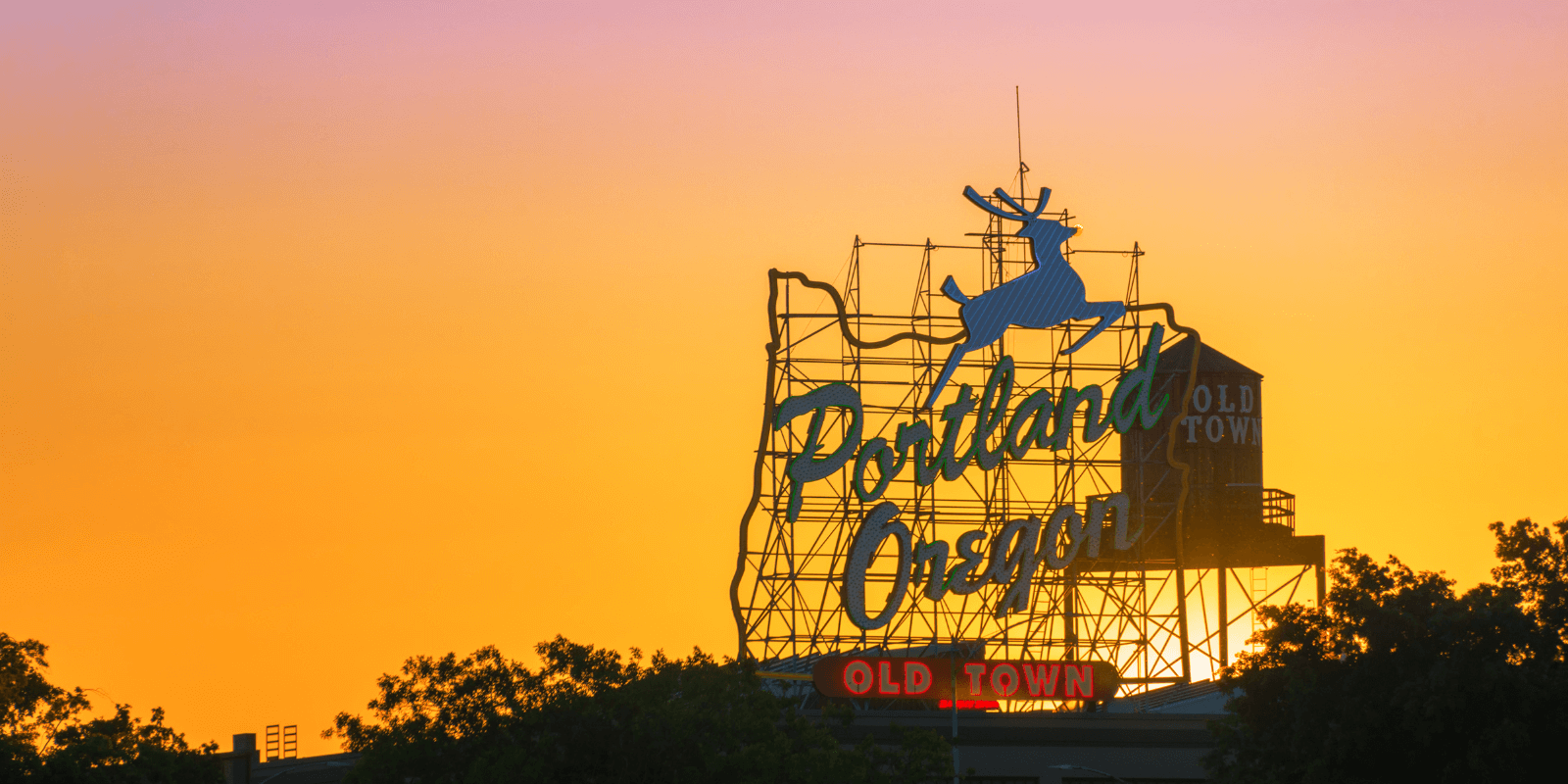

Your article helped me a lot, is there any more related content? Thanks!
Can you be more specific about the content of your article? After reading it, I still have some doubts. Hope you can help me. https://www.binance.info/tr/join?ref=WTOZ531Y
Your article helped me a lot, is there any more related content? Thanks!
Can you be more specific about the content of your article? After reading it, I still have some doubts. Hope you can help me. https://www.binance.com/uk-UA/register?ref=W0BCQMF1
I don’t think the title of your article matches the content lol. Just kidding, mainly because I had some doubts after reading the article.
Thank you for your sharing. I am worried that I lack creative ideas. It is your article that makes me full of hope. Thank you. But, I have a question, can you help me? https://www.binance.info/en-IN/register?ref=UM6SMJM3
Thanks for sharing. I read many of your blog posts, cool, your blog is very good. https://www.binance.info/sl/register?ref=IJFGOAID
**mindvault**
mindvault is a premium cognitive support formula created for adults 45+. It’s thoughtfully designed to help maintain clear thinking
**mindvault**
mindvault is a premium cognitive support formula created for adults 45+. It’s thoughtfully designed to help maintain clear thinking
Can you be more specific about the content of your article? After reading it, I still have some doubts. Hope you can help me.
Can you be more specific about the content of your article? After reading it, I still have some doubts. Hope you can help me.
**prostadine**
prostadine is a next-generation prostate support formula designed to help maintain, restore, and enhance optimal male prostate performance.
**sugarmute**
sugarmute is a science-guided nutritional supplement created to help maintain balanced blood sugar while supporting steady energy and mental clarity.
**gl pro**
gl pro is a natural dietary supplement designed to promote balanced blood sugar levels and curb sugar cravings.
**zencortex**
zencortex contains only the natural ingredients that are effective in supporting incredible hearing naturally.
**mitolyn**
mitolyn a nature-inspired supplement crafted to elevate metabolic activity and support sustainable weight management.
**prodentim**
prodentim an advanced probiotic formulation designed to support exceptional oral hygiene while fortifying teeth and gums.
**vittaburn**
vittaburn is a liquid dietary supplement formulated to support healthy weight reduction by increasing metabolic rate, reducing hunger, and promoting fat loss.
**yu sleep**
yusleep is a gentle, nano-enhanced nightly blend designed to help you drift off quickly, stay asleep longer, and wake feeling clear.
**synaptigen**
synaptigen is a next-generation brain support supplement that blends natural nootropics, adaptogens
**nitric boost**
nitric boost is a dietary formula crafted to enhance vitality and promote overall well-being.
**glucore**
glucore is a nutritional supplement that is given to patients daily to assist in maintaining healthy blood sugar and metabolic rates.
**wildgut**
wildgutis a precision-crafted nutritional blend designed to nurture your dog’s digestive tract.
**pineal xt**
pinealxt is a revolutionary supplement that promotes proper pineal gland function and energy levels to support healthy body function.
**energeia**
energeia is the first and only recipe that targets the root cause of stubborn belly fat and Deadly visceral fat.
**boostaro**
boostaro is a specially crafted dietary supplement for men who want to elevate their overall health and vitality.
**prostabliss**
prostabliss is a carefully developed dietary formula aimed at nurturing prostate vitality and improving urinary comfort.
**breathe**
breathe is a plant-powered tincture crafted to promote lung performance and enhance your breathing quality.
**potentstream**
potentstream is engineered to promote prostate well-being by counteracting the residue that can build up from hard-water minerals within the urinary tract.
**hepato burn**
hepato burn is a premium nutritional formula designed to enhance liver function, boost metabolism, and support natural fat breakdown.
**hepato burn**
hepato burn is a potent, plant-based formula created to promote optimal liver performance and naturally stimulate fat-burning mechanisms.
**cellufend**
cellufend is a natural supplement developed to support balanced blood sugar levels through a blend of botanical extracts and essential nutrients.
**prodentim**
prodentim is a forward-thinking oral wellness blend crafted to nurture and maintain a balanced mouth microbiome.
**flowforce max**
flowforce max delivers a forward-thinking, plant-focused way to support prostate health—while also helping maintain everyday energy, libido, and overall vitality.
**revitag**
revitag is a daily skin-support formula created to promote a healthy complexion and visibly diminish the appearance of skin tags.
**neurogenica**
neurogenica is a dietary supplement formulated to support nerve health and ease discomfort associated with neuropathy.
Thanks for sharing. I read many of your blog posts, cool, your blog is very good.
**sleep lean**
sleeplean is a US-trusted, naturally focused nighttime support formula that helps your body burn fat while you rest.
**memory lift**
memory lift is an innovative dietary formula designed to naturally nurture brain wellness and sharpen cognitive performance.
Thanks for sharing. I read many of your blog posts, cool, your blog is very good.
Checking out mmliveweb! Hoping for a smooth streaming experience. Anyone else used the browser version? Let me know! Get that mmliveweb action: mmliveweb
Heard about Tez888 Casino. Thinking of giving it a whirl. Gotta do my research first, but looks like they’ve got some cool games. Hope I get lucky! tez888casino
Downloaded the 789betapk app! Super convenient for playing on my phone. Everything’s optimized for mobile, and it’s pretty responsive. Worth it if you’re into mobile gaming. Download it! 789betapk
Been playing on 80win8 for a bit now. Gotta say, the payouts have been pretty consistent. Definitely one to watch.
Thanks for sharing. I read many of your blog posts, cool, your blog is very good.
I don’t think the title of your article matches the content lol. Just kidding, mainly because I had some doubts after reading the article. https://www.binance.info/register?ref=IXBIAFVY
Thanks for sharing. I read many of your blog posts, cool, your blog is very good.
Yo, gameg88! This one’s actually pretty fun. I spent a little too much time on it, if you ask me. Check it out and see if you get hooked too: gameg88
I don’t think the title of your article matches the content lol. Just kidding, mainly because I had some doubts after reading the article. https://accounts.binance.info/sv/register-person?ref=GQ1JXNRE
Thank you for your sharing. I am worried that I lack creative ideas. It is your article that makes me full of hope. Thank you. But, I have a question, can you help me? https://accounts.binance.com/el/register?ref=DB40ITMB
Just wanted to drop a line about jjwincom. Quick sign-up process and a fun selection of games to choose from. Would recommend giving it a shot!
**mitolyn reviews**
Mitolyn is a carefully developed, plant-based formula created to help support metabolic efficiency and encourage healthy, lasting weight management.
**prostafense reviews**
ProstAfense is a premium, doctor-crafted supplement formulated to maintain optimal prostate function, enhance urinary performance, and support overall male wellness.
**boostaro official**
Boostaro is a purpose-built wellness formula created for men who want to strengthen vitality, confidence, and everyday performance.
Thank you for your sharing. I am worried that I lack creative ideas. It is your article that makes me full of hope. Thank you. But, I have a question, can you help me? https://www.binance.com/sl/register?ref=GQ1JXNRE
I don’t think the title of your article matches the content lol. Just kidding, mainly because I had some doubts after reading the article.